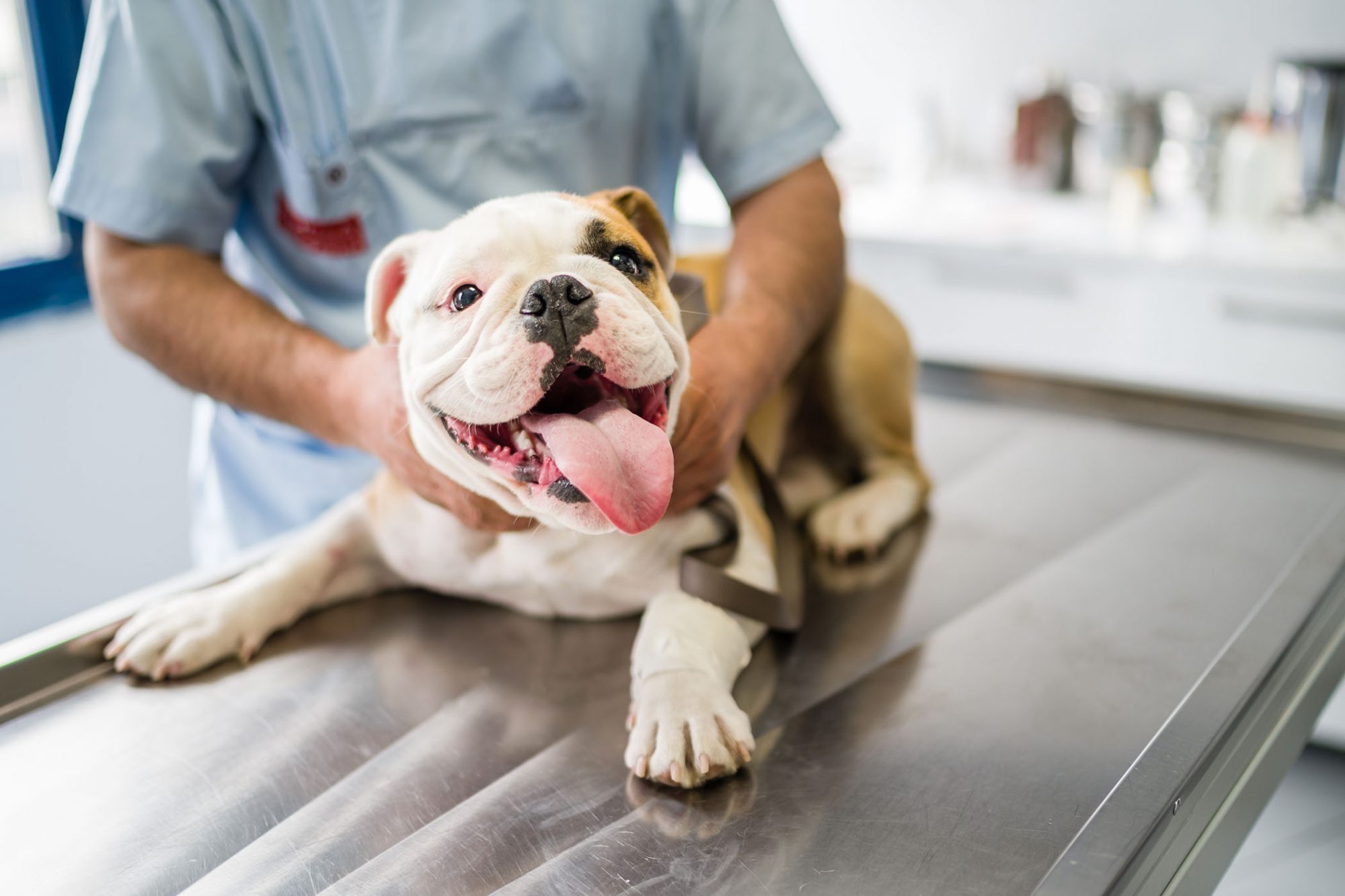
Are you a pet owner who’s ever wondered if your dentist could take care of your furry friend’s teeth as well? Or perhaps you’re a dental professional looking to expand your expertise beyond human patients. Well, the answer is in: dentists can indeed treat animals! From dogs and cats to horses and even zoo creatures, skilled veterinarians have been collaborating with dental specialists for years to ensure that our animal companions receive proper oral health care. In this blog post, we’ll explore just how dentistry intersects with veterinary medicine and what it takes to become an animal dentist. So sit back, grab some treats for Fido or Fluffy, and let’s dive in!
What is Veterinary Dentistry?
There are many different types of dentistry, but one you may not be familiar with is veterinary dentistry. Just like human dentists, these professionals focus on the oral health of their patients – in this case, animals.
Veterinary dentists must first complete a four-year doctoral degree in veterinary medicine before completing a one- or two-year residency in veterinary dentistry. As such, they are uniquely qualified to care for the dental needs of animals.
Services provided by veterinary dentists include routine teeth cleanings, oral exams, and X-rays. They can also perform more complex procedures such as root canals, tooth extractions, and dental implants.
Just like human dental care, preventive care is the best way to keep your pet’s mouth healthy. regular teeth cleanings and oral exams can help catch problems early and keep your pet’s smile looking its best.
What Services Do Veterinary Dentists Provide?
There are a variety of services that veterinary dentists can provide for animals. These services include but are not limited to:
-Preventative dental care: This can include routine teeth cleanings and fluoride treatments. It is important to have your pet’s teeth checked and cleaned on a regular basis in order to prevent oral disease.
-Diagnostic services: If your pet is showing signs of oral pain or discomfort, a veterinary dentist can help diagnose the problem and provide appropriate treatment.
-Surgical services: Veterinary dentists are trained in performing various dental surgeries, such as extractions, root canals, and periodontal surgery. They can also place dental implants if needed.
Who Can Perform Veterinary Dental Procedures?
Dentists who have completed additional training and education in veterinary dental care are able to perform dental procedures on animals. In order to become a veterinarian dentist, one must first complete their undergraduate studies and then go on to complete a four-year veterinary medicine program. Afterward, they must take additional courses and pass both a written and practical exam in order to be certified by the American Veterinary Dental College. But one time in a local dental clinic in Chermside, a small town in Brisbane they performed a tooth extraction from a stray dog who is in need of urgent dental attention.
What Are the Benefits of Veterinary Dentistry?
Veterinary dentistry is a branch of veterinary medicine that deals with the diagnosis and treatment of oral health problems in animals. It is a relatively new field of veterinary medicine, but it is growing in popularity as pet owners become more aware of the importance of oral health care for their animals.
There are many benefits to veterinary dentistry, both for pets and for their owners. Veterinary dental care can help improve your pet’s quality of life by reducing pain and discomfort associated with oral health problems, and it can also help prevent more serious health problems from developing. In addition, regular dental check-ups and cleanings can help you catch potential problems early, before they become more serious or costly to treat.
If you are considering taking your pet to a veterinarian for dental care, be sure to ask about all of the available options and what would be best for your individual pet.
Are There Any Risks Associated With Veterinary Dentistry?
Yes, there are risks associated with veterinary dentistry. These include, but are not limited to, anesthesia risk, infection risk, and tooth root fracture risk.
How Do I Find a Qualified Veterinary Dentist?
If you’re like most pet owners, you want nothing but the best for your furry friend. When it comes to their dental health, you may be wondering if your regular dentist can treat them, or if you need to find a veterinary dentist.
The best way to find a qualified veterinary dentist is to ask your regular veterinarian for a recommendation. You can also use social media as animal lovers use facebook groups to create community. They will be able to point you in the right direction and help you find someone who is experienced in treating animals. You can also search online for “veterinary dentist” + your city or state to find someone near you.
Conclusion
All in all, dentistry is an important field of study that can benefit both humans and animals alike. Although veterinarians are typically the ones responsible for caring for animal teeth, there are certainly some instances where a dentist may be better equipped to address certain issues or provide specialized care. If you’re looking for dental treatment beyond what your veterinarian can offer, then consulting with a dentist may be worth considering.

